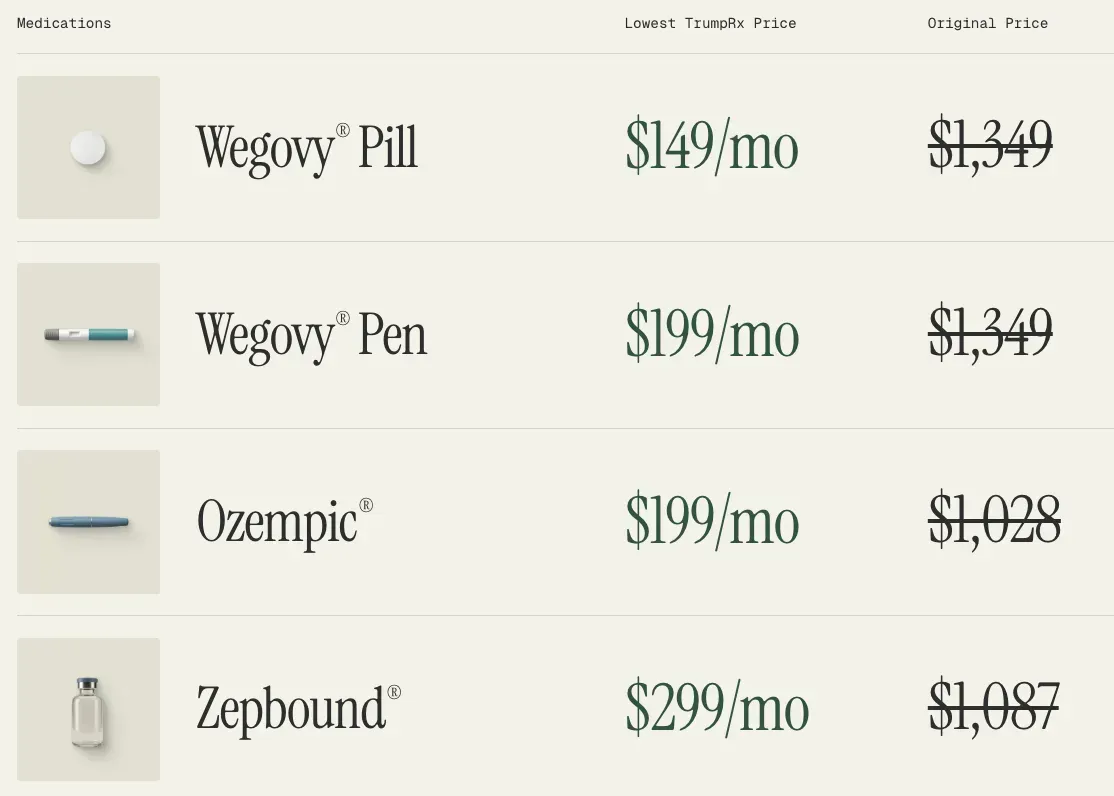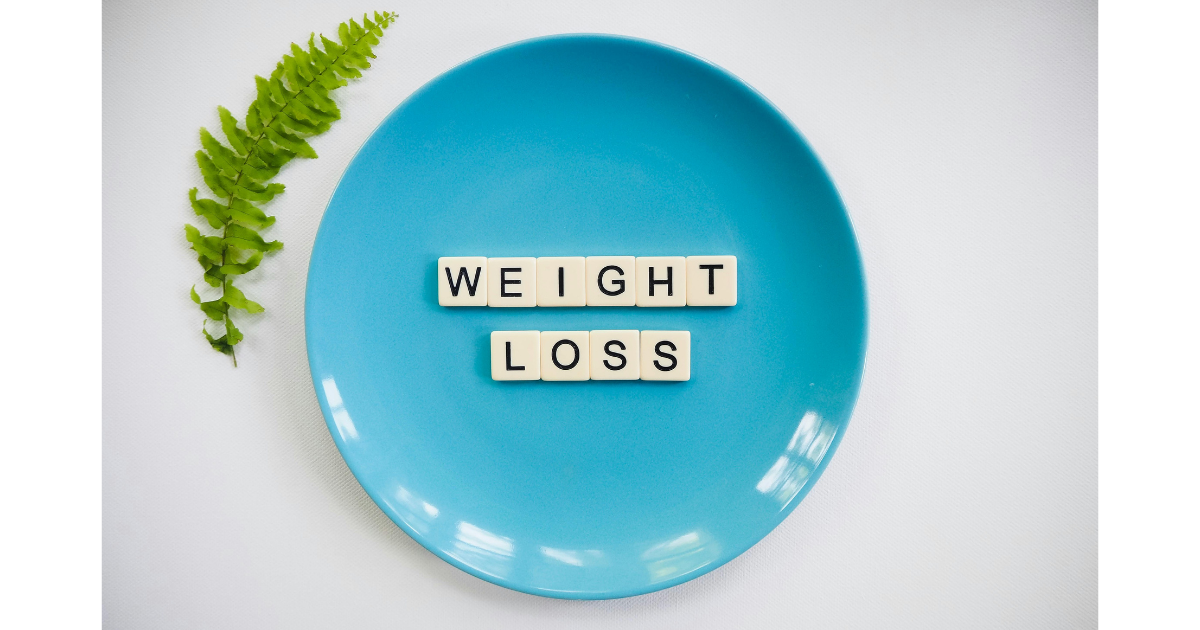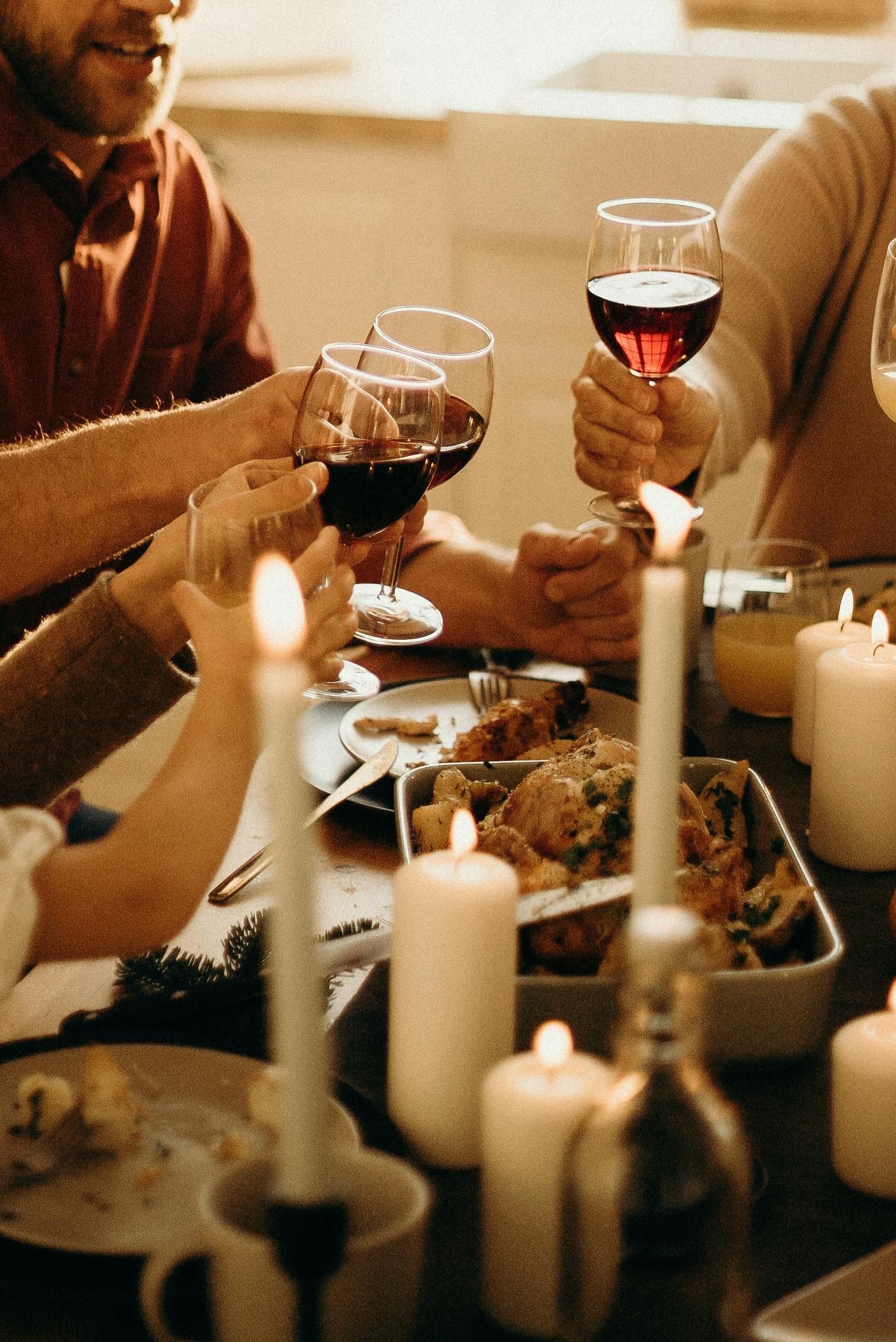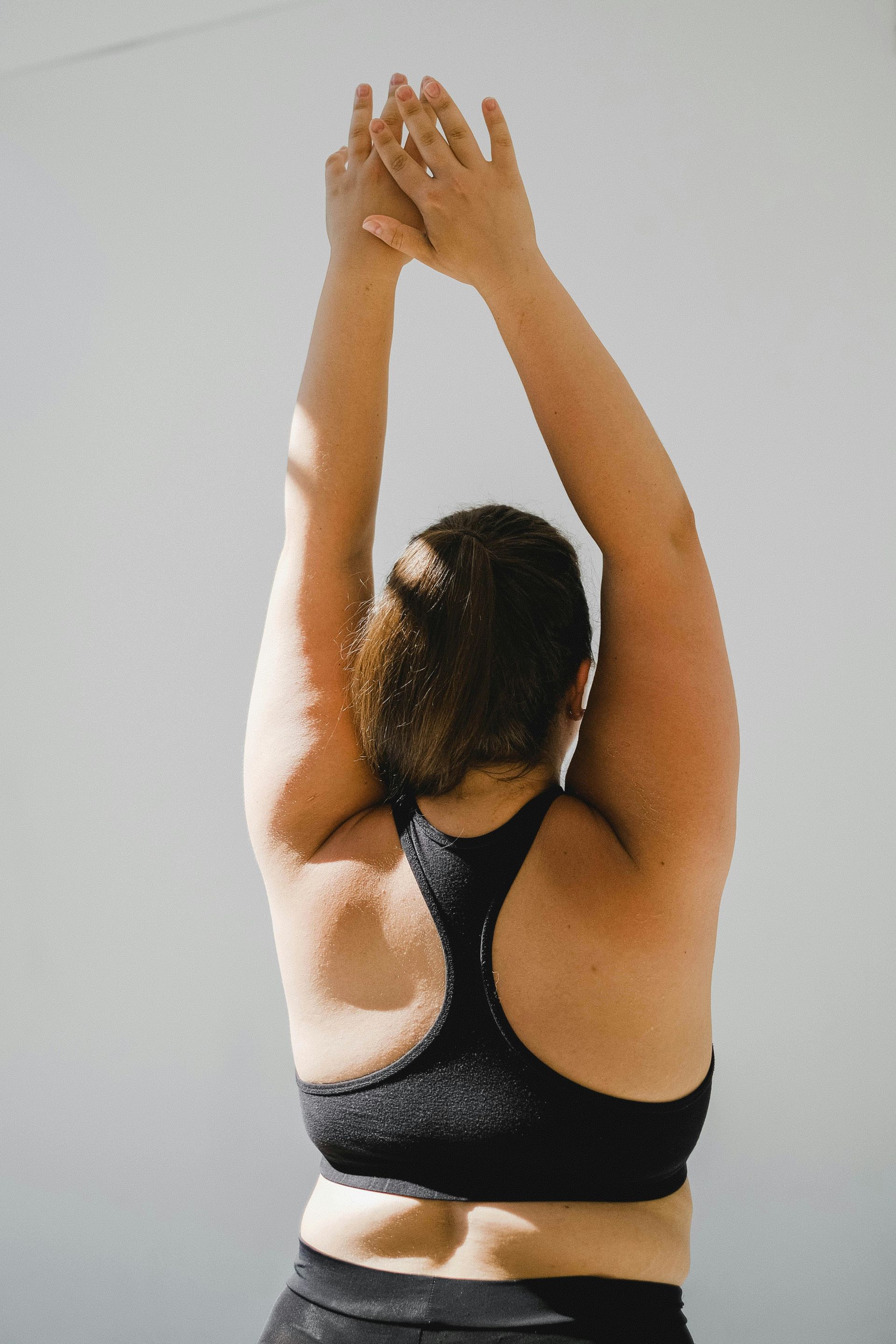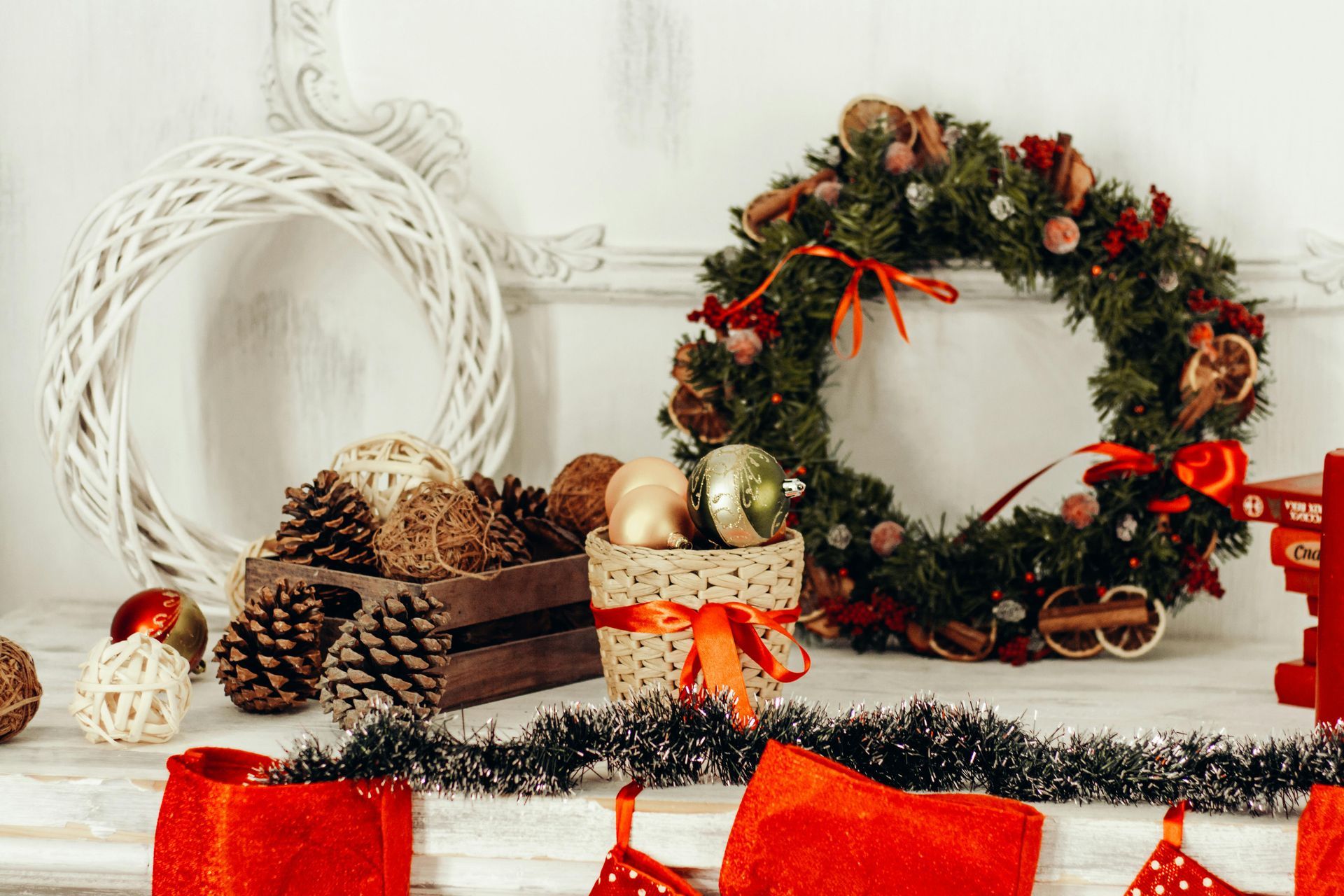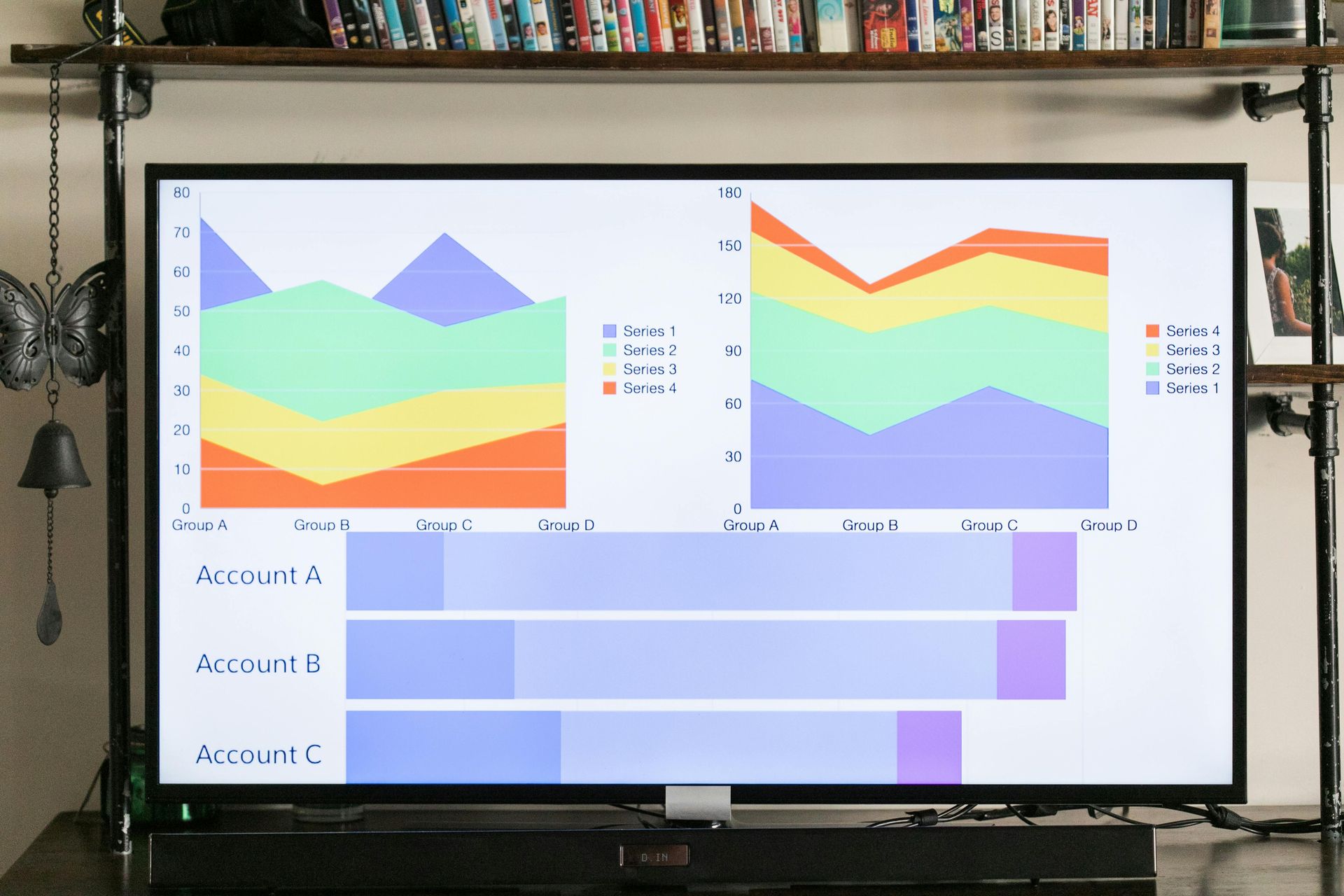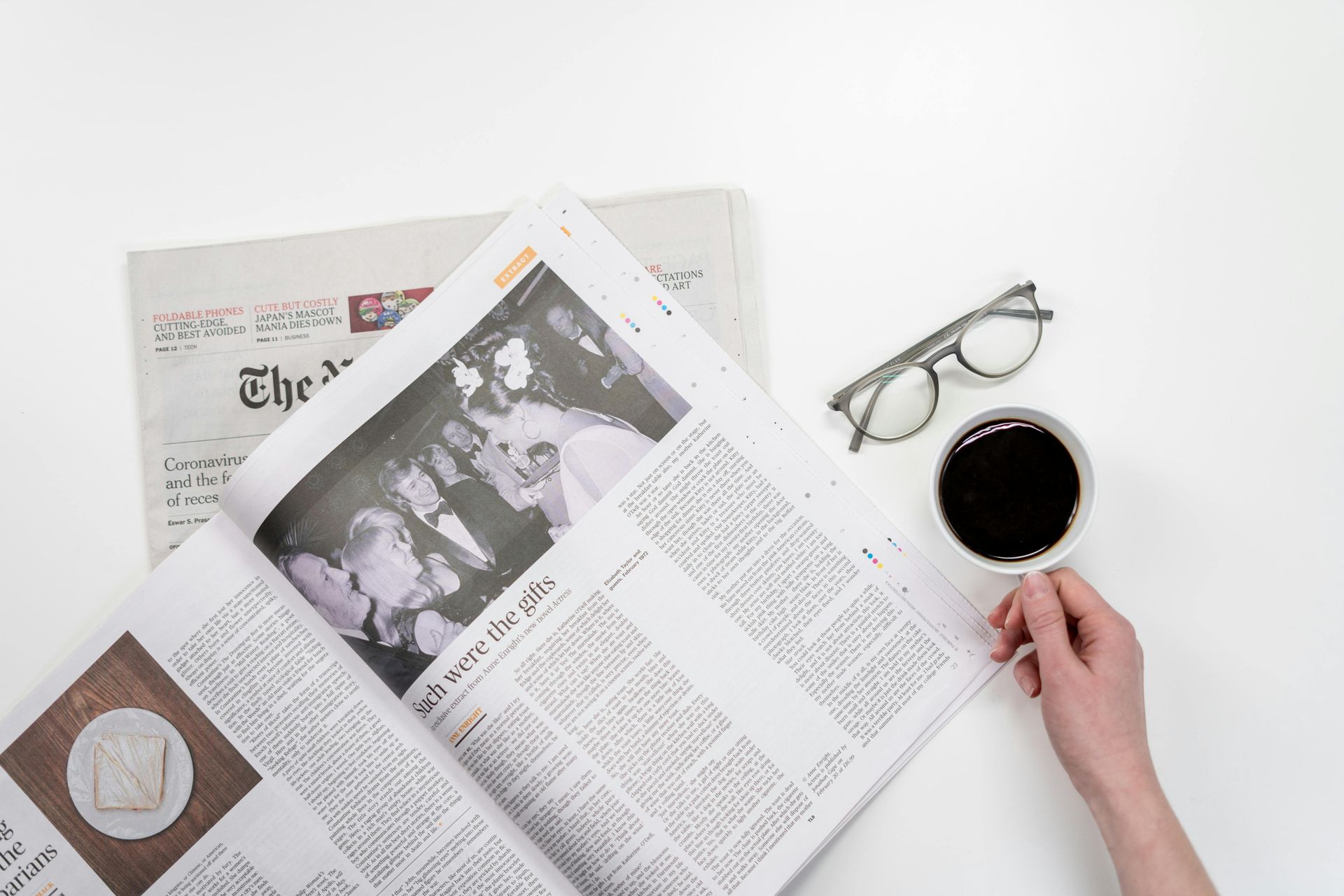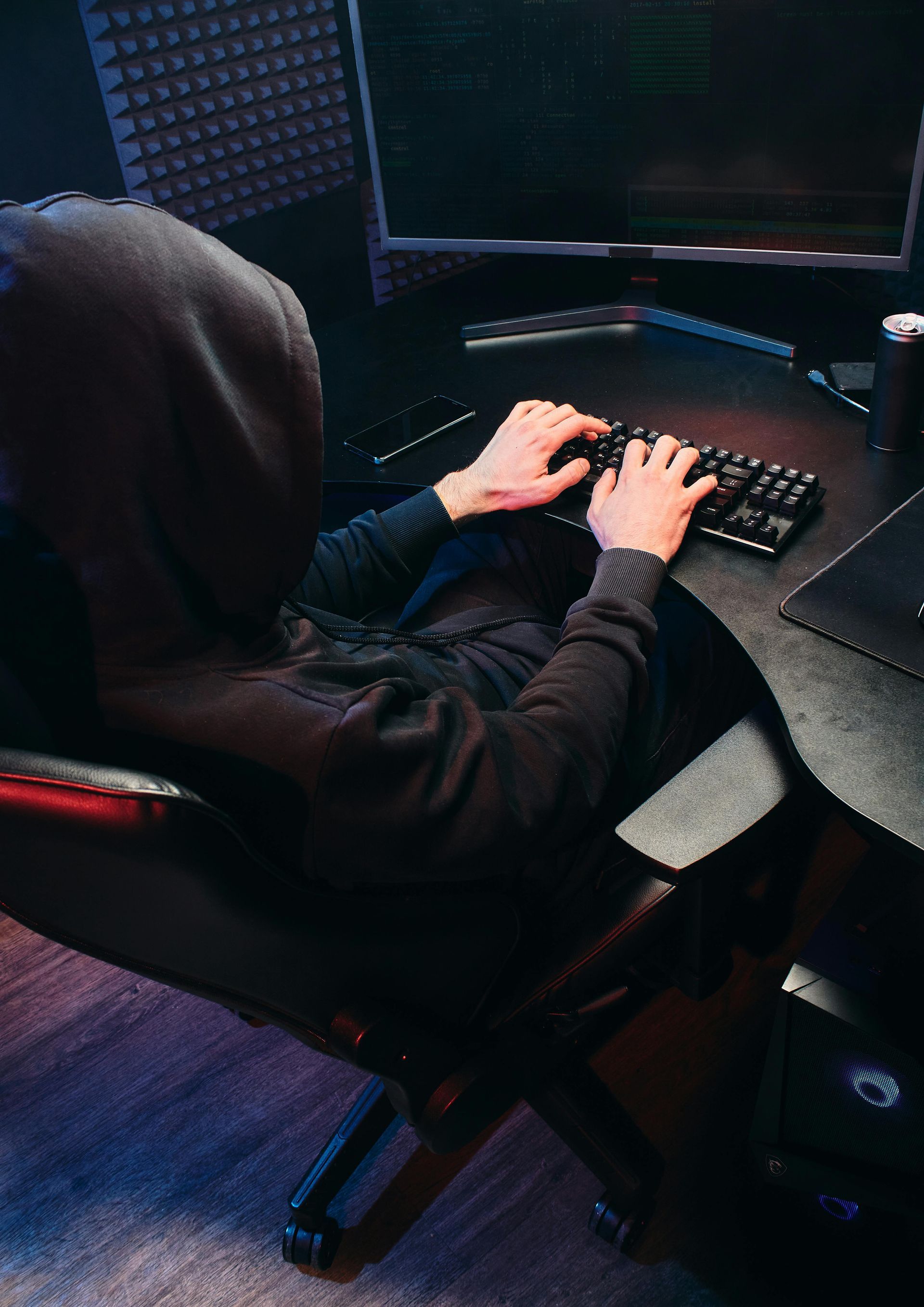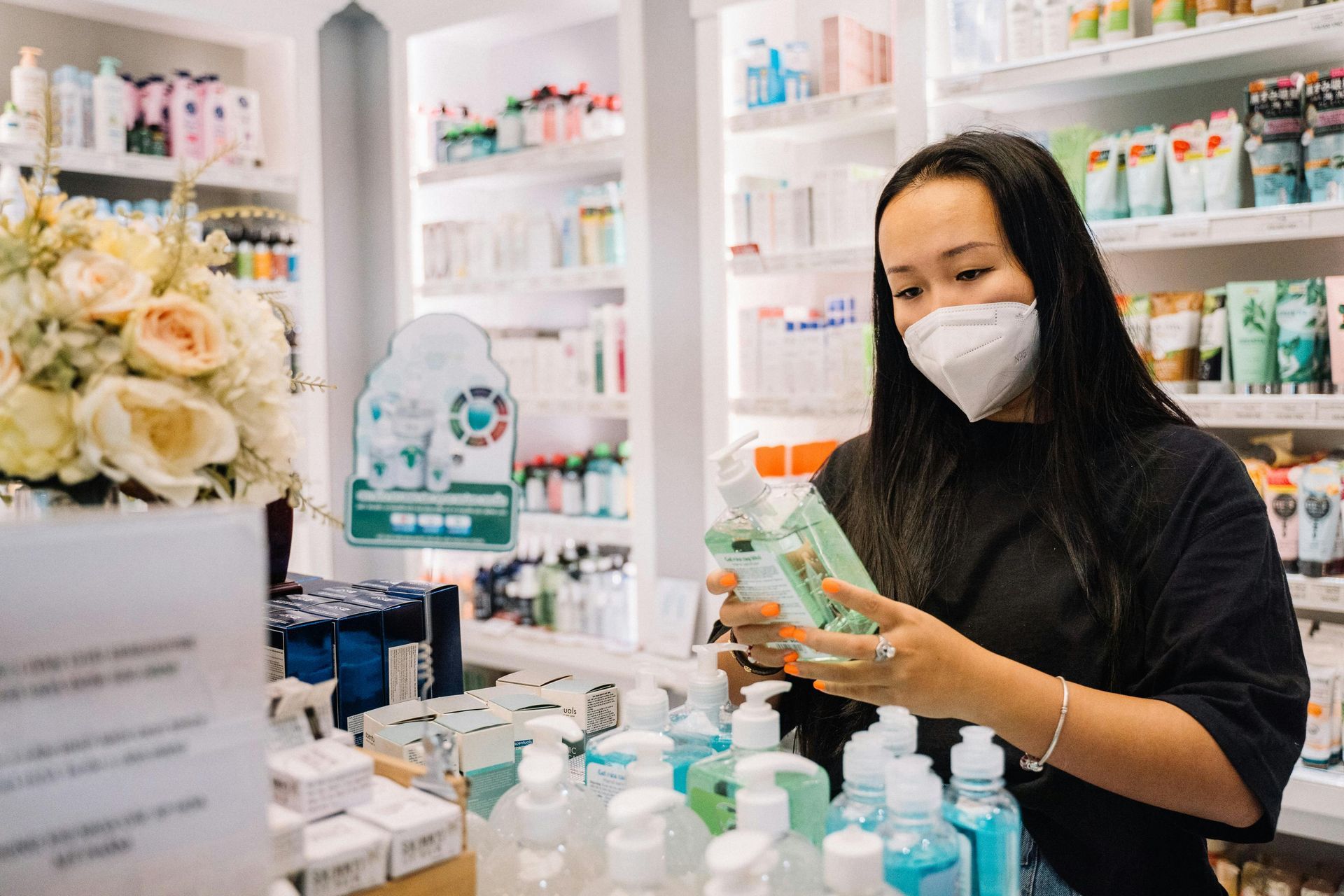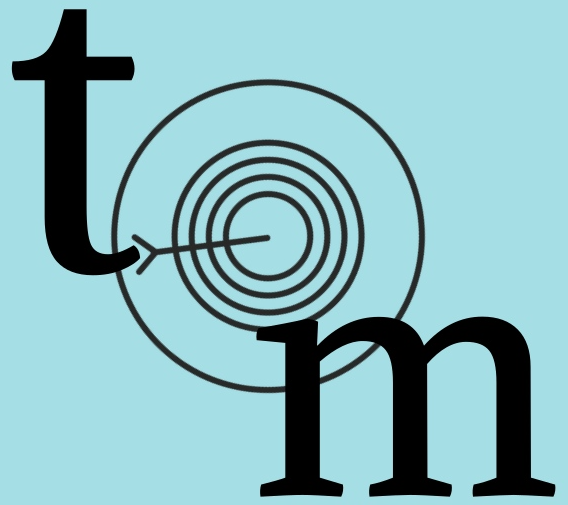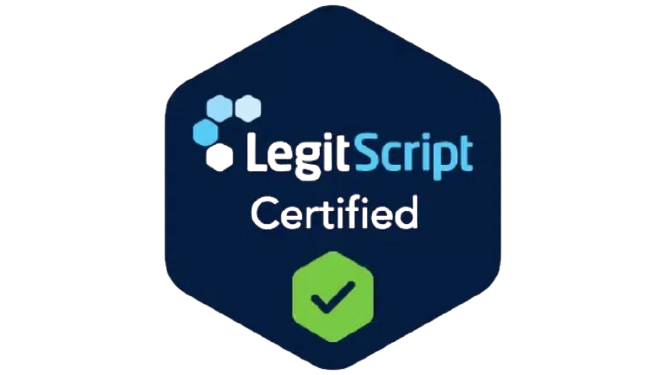How to Eat Out with Friends While Taking GLP-1 Medications
GLP-1 medications like semaglutide and tirzepatide can dramatically change your relationship with food—for the better. You may feel less hunger, smaller portions may leave you satisfied, and cravings that used to control you may begin to fade. But as powerful as these changes can be, they also create new questions about how to navigate social situations, especially meals out with friends.
Will I be able to eat anything at all?
What if I get nauseated at the table?
What do I tell people if I’m not eating much?
Eating out while on a GLP-1 doesn’t have to be awkward or restrictive. With a little planning and realistic expectations, you can enjoy meals with others, stay aligned with your goals, and avoid turning dinner into a source of anxiety.
1. Expect Your Appetite to Be Different—and That’s Okay
One of the clearest signs that GLP-1 medications are working is that you no longer feel the same drive to eat large portions or snack out of habit. This becomes especially noticeable when you’re in social settings where food used to play a central role.
The goal isn’t to mimic your old behavior—it’s to adapt to the new signals your body is giving you.
You may eat slower. You may stop after a few bites. You may skip dessert or not finish your drink. That’s not rude or antisocial—it’s listening to your body. And for many patients, it’s the first time they’ve been able to do that in years.
2. Choose Restaurants That Make It Easy to Adjust
While you can technically eat anywhere, certain types of restaurants make it easier to respect your new appetite and avoid discomfort. When possible, look for places with flexible menus, smaller plate options, or a tapas-style format that allows for grazing instead of committing to one large entrée.
In contrast, prix-fixe menus, large steakhouses, or buffets can be overwhelming—and may tempt you to overeat simply because “you paid for it.” You don’t need to avoid these altogether, but it’s worth considering how the environment will affect your ability to stay comfortable and in control.
3. Don’t Force Yourself to Finish the Plate
One of the most common mistakes new GLP-1 patients make when dining out is trying to eat “normally” for the sake of others. But overeating while on these medications can lead to nausea, bloating, reflux, or even vomiting. Finishing your meal when your body says it’s full isn’t polite—it’s a recipe for discomfort.
Give yourself permission to stop eating as soon as you feel full. Take food home if possible, or order with the expectation that you won’t finish. Your friends are probably paying less attention than you think.
4. Eat Slowly and Space It Out
GLP-1s slow gastric emptying, which means food stays in your stomach longer. Eating quickly or taking large bites can overwhelm the system and trigger nausea or pressure. When eating out, give yourself extra time between bites, sip water regularly, and avoid stacking courses on top of each other (e.g., an appetizer followed immediately by a heavy entrée).
Some patients find that sticking with one dish—or even just sharing—is more than enough.
5. Alcohol and Rich Foods May Hit Harder
Your tolerance for alcohol may decrease while taking a GLP-1, especially if you drink on an empty stomach. You may also be more sensitive to fried foods, high-fat sauces, or anything heavy and creamy.
These foods aren’t off-limits, but be mindful. If you’re unsure how something will sit with you, go slow or skip it altogether. You can always try it later in a more controlled setting.
6. Anticipate Questions—But Don’t Feel Obligated to Explain
If your eating habits have changed noticeably, your friends may ask. You’re not obligated to share anything unless you want to.
Some patients say they’re focusing on smaller portions, managing blood sugar, or “trying something new for health reasons.” All of those are true. You don’t have to make a big announcement. You just have to eat in a way that works for you.
And if you do choose to explain that you’re taking a GLP-1 medication, that’s fine too. Just remember: your body, your decision, your timeline.
7. It’s Okay to Say No
You can decline an invitation, opt out of dessert, skip a round of drinks, or suggest a walk or coffee instead of another restaurant. You don’t owe anyone an explanation. If a social situation doesn’t feel supportive or comfortable, there’s nothing wrong with choosing not to participate.
Saying no now and then is part of long-term success. So is knowing you can say yes again when you’re ready.
Real Weight Loss Means Real Life Still Happens
GLP-1 medications don’t require perfection. They require consistency, awareness, and a willingness to adjust. Eating out with friends isn’t off-limits, and it shouldn’t be something you dread. With the right preparation and a little patience, it can still be a positive part of your life—just with smaller portions and fewer regrets.
How Our Clinic Supports You
Our clinic focuses exclusively on GLP-1–based weight loss care. We don’t offer cosmetic services, hormone therapy, or unnecessary products. We treat excess weight like the medical condition it is—with medication, physician oversight, and long-term planning.
Your care is directed by Dr. Tran Le, a board-certified obesity medicine physician. We prescribe both name-brand and compounded GLP-1 medications. If compounded medications are appropriate and medically necessary, we will prescribe them, and they may be less expensive than name-brand medications.
Everything is done online, and your medication is delivered directly to your home. Your first consultation is free, and our single all-inclusive membership includes your evaluation, prescription management, and provider access—no pricing tiers, no surprise charges, no upselling. Click here if you want to get started today!
This post is not medical advice. Please consult a doctor before making any healthcare decisions.
